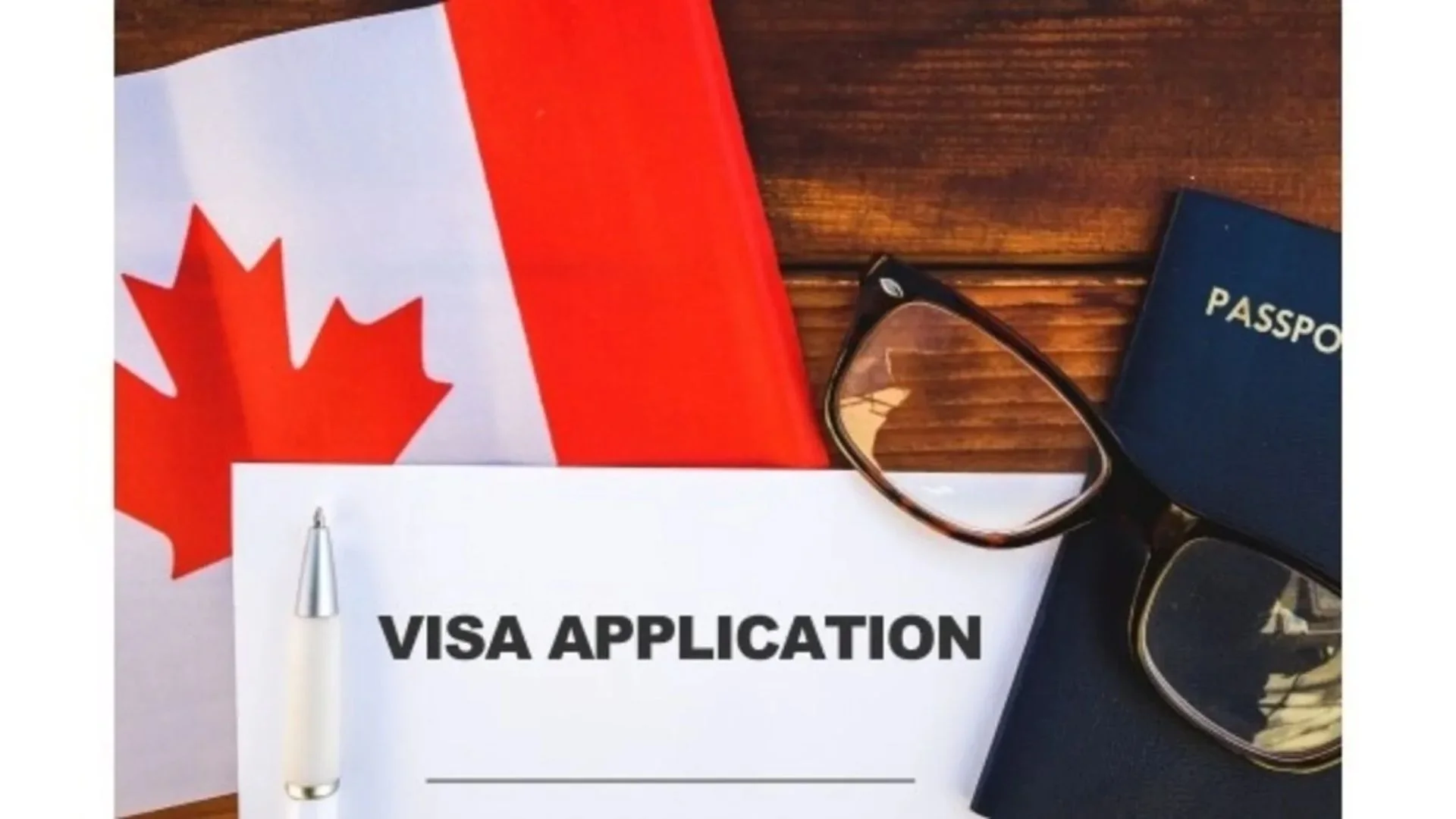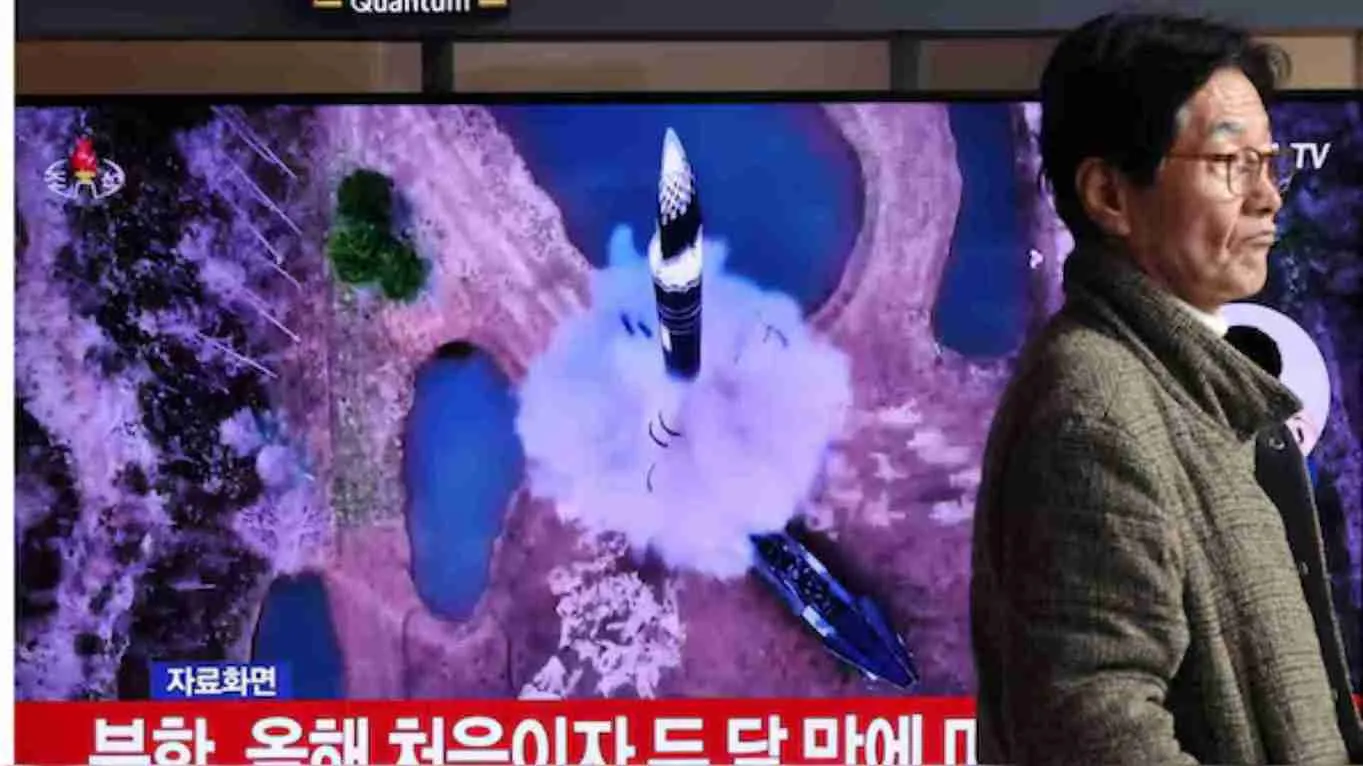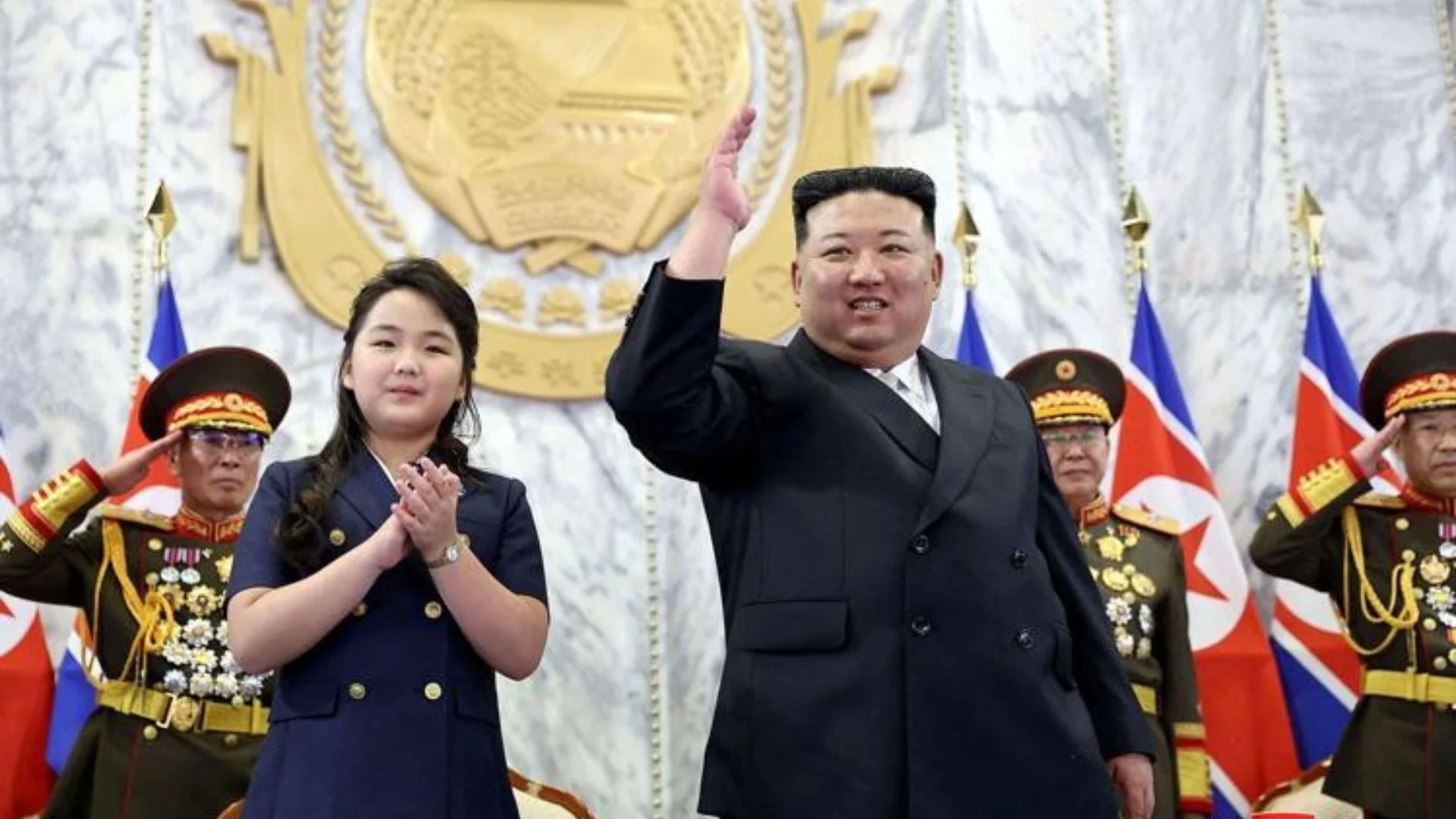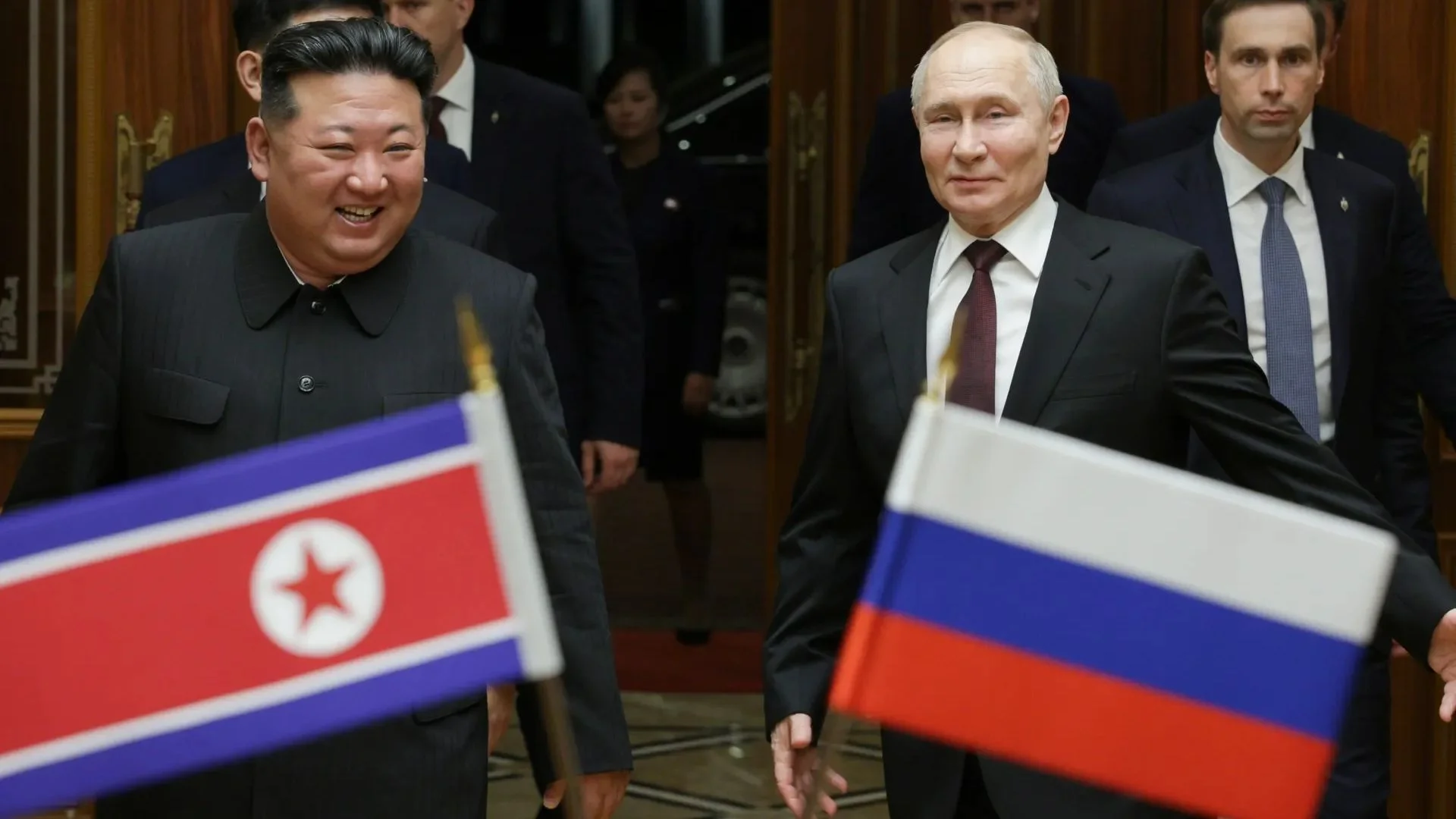Rising Visa Denials and Stricter Entry Controls
Recent government data reveals a significant increase in the rejection rates of visitor visas and entry denials at Canadian borders. July 2024 saw 5,853 foreign travellers, including students, workers, and tourists, turned away. This marks the highest rejection rate since January 2019. The average monthly denial rate in the first seven months of 2024 was 3,727, reflecting a 20% increase from the previous year.
Political and Public Influences
This rise in rejections aligns with the stricter immigration policies implemented under Prime Minister Justin Trudeau’s Liberal government. The approach is seen as a response to growing public concerns over immigration’s impact on housing shortages and high living costs. Although Canadians generally support immigration, there is significant public apprehension about the number of newcomers.
Policy Changes and Impact on Visa Applications
The Canadian government has not explicitly stated the reasons behind the surge in visa rejections. However, a spokesperson from the Canada Border Services Agency (CBSA) emphasized that the agency’s role and policies remain unchanged. Recent immigration data shows a higher refusal rate for visitor visas compared to approvals, with more applications denied than approved in several months of 2024.
Effects on Students and Foreign Workers
The decline in student visa approvals, attributed to a cap introduced in January, follows a broader trend of reduced approvals for study and work permits. This drop is part of the government’s strategy to manage the number of applicants for permanent residency. Immigration Minister Marc Miller has justified these measures as necessary to address public concerns.
The government is also scaling back the Temporary Foreign Worker (TFW) program, criticized for its treatment of low-wage workers. New restrictions limit the hiring of TFWs in sectors with high unemployment rates, except for food security sectors like agriculture and food processing.
Indian Visa Applicants and Diplomatic Issues
The number of Indian applicants for Canadian visas has surged, with a 326% increase in immigration from India between 2013 and 2023. Indian student enrollment in Canadian universities has also risen dramatically. However, recent diplomatic tensions between India and Canada have temporarily reduced student visa approvals.
Political Reactions and Future Prospects
Opposition parties, particularly the Conservatives, have criticized the Liberal government’s handling of immigration, citing rapid population growth without corresponding increases in housing. Conservative leader Pierre Poilievre has proposed linking population growth to housing construction rates if elected. Trudeau has defended his immigration policies, indicating a potential reduction in permanent resident admissions while maintaining Canada’s welcoming stance towards immigrants.























